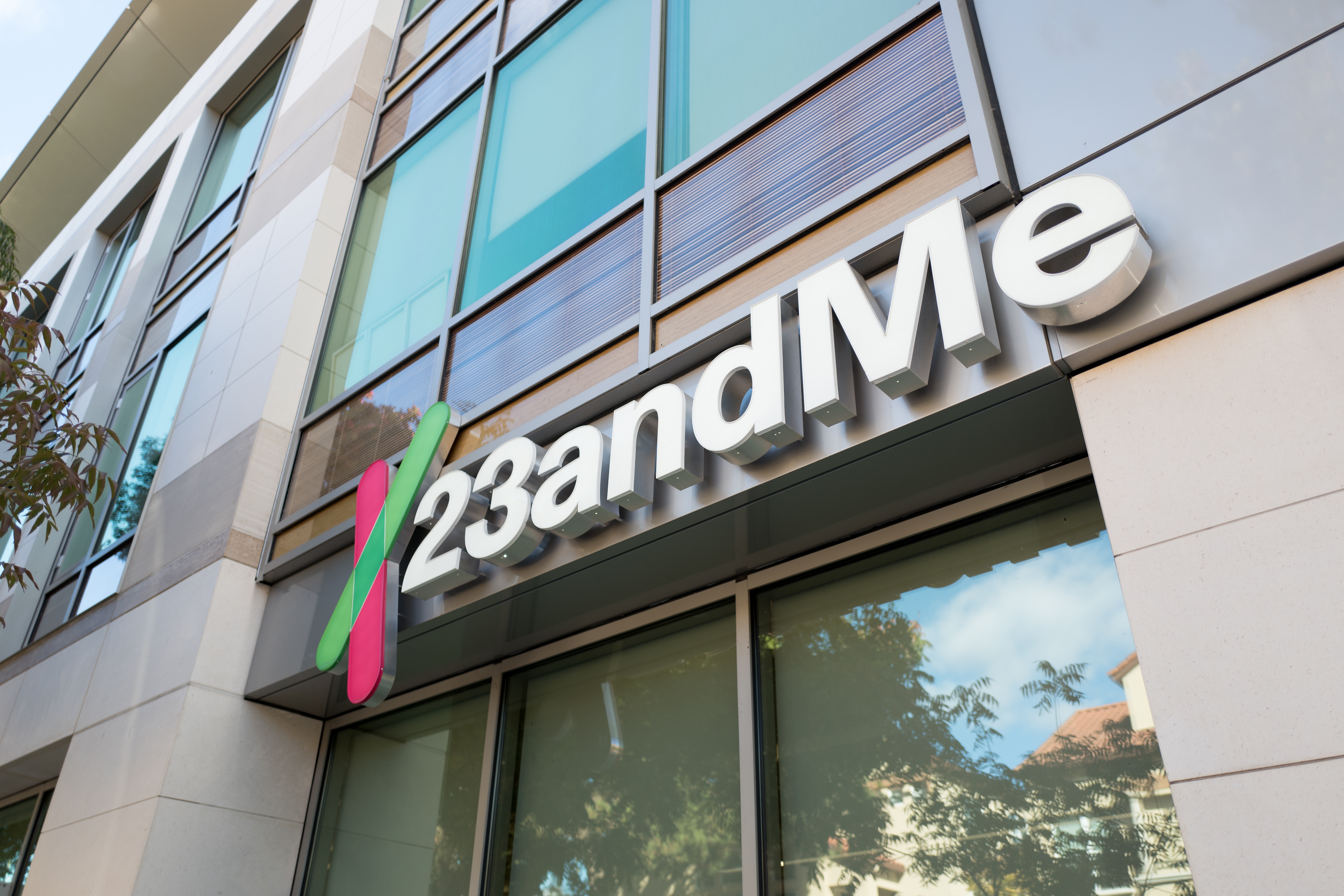Does a VPN work without wifi?

If you’re worried about your online privacy as well as the security of your data when traveling, you’ll want to know if a VPN can protect you. Perhaps you’re using mobile data but can’t get your VPN to work, and want to troubleshoot the issue. Or maybe you’re wondering whether a VPN is even needed without wifi.
Whatever the case, we’ll take you through the basics of what a VPN is, what it does, and whether it works without wifi. We’ll also go over some situations when you might particularly want to use a VPN without wifi and the reasons for doing so. This should clear up any doubts you may have about using a VPN when not connected to a home or public wifi network.
What is a VPN, and what does it do?
If you’ve already got a clear understanding of what a VPN is and what it does, feel free to jump ahead to the next section, which covers a VPN’s functionality without wifi.
Short for Virtual Private Network, a VPN is a service that routes your internet traffic through an encrypted tunnel, securing it from hackers, snoopers, and your ISP. It hides your real IP address, instead providing you with another that matches the server location to which you’re connected. You can browse the internet privately with your online activities and actual geographical location shielded from view.
The fact that you can connect to a VPN server in another country entirely and change your IP address makes a VPN more than a privacy tool – there are many uses for a VPN. VPNs are popular with people who want to bypass geographic restrictions on content. For example, streamers who travel abroad and find they can no longer access their home version of Netflix may use a VPN to spoof their location and sidestep geo-blocking to stream content as normal.
Does a VPN need wifi to work?
No, a VPN doesn’t need wifi to work. All you need is an internet connection. In fact, a VPN works with all of the following:
- Wifi (this may be a home or workplace wifi network or public wifi)
- Mobile data (3G, 4G, and 5G)
- Ethernet (wired connections)
- Tethered connections (mobile hotspots)
Wifi is just one way to access the internet, and a VPN works over any internet connection.
When will a VPN not work?
There are only a few scenarios in which a VPN won’t work, making it easier to identify and fix the issue. Of course, a VPN won’t work if you’re not connected to the internet. That’s because a VPN creates a secure tunnel between your device and the internet. If there’s no internet connection, the VPN app on your device can’t communicate with the VPN server. This is like if you try to make a phone call when there’s no signal – there’s nothing to connect you.
Likewise, a VPN won’t work when airplane mode is activated unless you manually re-enable wifi. The only other situations in which a VPN won’t work is when there’s some sort of technical issue. This may be because the VPN has been blocked. This can happen in countries with strict internet censorship, such as China, as well as in schools and workplaces. Otherwise, a VPN may be misconfigured, preventing it from functioning as intended.
When to use a VPN without wifi
There are a number of reasons to use a VPN when not connected to wifi:
- Secure your data: Using a VPN encrypts your internet traffic so that it can’t be read by malicious actors. This is especially important when handling sensitive personal information, such as your online banking details.
- Access geo-blocked content: Traveling abroad often leads to many websites and services becoming region-locked. A VPN spoofs your location so you can unblock news sites, online banking apps, streaming platforms, and more.
- Avoid ISP snooping: When you use a VPN, your internet traffic is encrypted. As such, your mobile carrier can’t see what you’re doing online. Furthermore, the apps and websites you visit will only see the VPN’s IP address and not your own.
- Bypass censorship and network restrictions: If you’re in a country that restricts certain websites, a VPN can help unlock the internet even when you’re using mobile data as opposed to wifi.
Tips for using a VPN on mobile data
It’s a good idea to use a VPN even when not connected to wifi. Still, there are a few things you can do to make the most of using a VPN on mobile data:
Use split tunneling to save data
Split tunneling is a feature offered by some VPNs that lets you choose which apps can use the VPN and which can bypass it using your regular internet connection. For example, you may find it useful to route information-sensitive apps, such as banking and email, through the VPN for the encryption it provides. At the same time, data-hungry apps such as Netflix and Spotify can stay out of the VPN to save on data usage and boost speed.
Choose a lightweight protocol
VPN protocols are the rules that determine how your data is encrypted and transmitted. There are multiple VPN protocols to choose from, and some are faster and lighter than others. The best options for mobile are WireGuard and IKEv2. The former is a newer protocol known for its speed and security. The latter offers stability for switching between mobile and wifi. Selecting the right protocol can have a significant impact on the data and battery consumption of your device.
Watch for battery and data usage
VPNs run in the background and maintain a constant connection that can drain your battery faster, particularly when using a heavier protocol such as OpenVPN. It’s a good idea to turn off the VPN when you don’t need it. Alternatively, you can use battery optimization settings on Android or iOS, as well as monitor data usage in your phone’s settings.
Avoid shady or free VPNs
If you want a VPN that works well without wifi, it’s worth sticking with the best VPNs. Sadly, there are many shady VPNs that contain excessive ads and even malware. Many lack the level of encryption required to keep your data secure. Although free VPNs may seem tempting, the vast majority limit your bandwidth, have slow speeds, and offer very few server options, making them difficult to use with or without wifi.
VPN without wifi FAQs
Is mobile data secure without a VPN?
When using mobile data without a VPN, data traveling between your phone and nearby cell towers is encrypted. However, that’s not to say that a VPN can’t add to mobile data’s security. That’s because your mobile carrier can still track your browsing habits, location, and app usage. Apps, websites, and advertisers can identify you by your IP address and by using fingerprinting techniques. A VPN provides privacy by encrypting all traffic and hiding your IP address to keep all those third parties out.
Will a VPN drain my mobile data?
Yes, you can expect a VPN to use some of your mobile data. The amount of data used really depends on the VPN protocol you’re using. For best results, use a lightweight protocol such as WireGuard rather than OpenVPN. Of course, if you’re engaging in bandwidth-heavy activities such as streaming or video calling, the extra data can add up over time. If your VPN offers split tunneling, then you can use this to have apps bypass the VPN connection and save on data.
Can I use a VPN over a mobile hotspot?
Yes, but it depends on where the VPN is running. The VPN on your phone (the source of the mobile hotspot) ensures your phone’s traffic is encrypted. However, devices connected to the mobile hotspot – such as a laptop – will be unprotected unless they also have the VPN installed on them. The reason for this is that mobile hotspots share the raw internet connection, as opposed to the VPN tunnel. VPN sharing usually requires advanced setup and, because most major VPNs allow multiple simultaneous connections per account, it’s easier to just have the VPN installed on both devices.
Which VPN protocol is best for mobile data?
WireGuard is arguably your best bet for mobile data. Not only is it fast and efficient thanks to its lightweight codebase, it has very low overhead and conserves data. WireGuard is generally less power-hungry than older VPN protocols and allows for quick reconnections when switching between mobile data and wifi. Having said that, IKEv2 is also fast and has the ability to maintain the VPN connection when switching between networks. OpenVPN is secure and highly configurable but slower and more resource-heavy than WireGuard and IKEv2.
Source link











